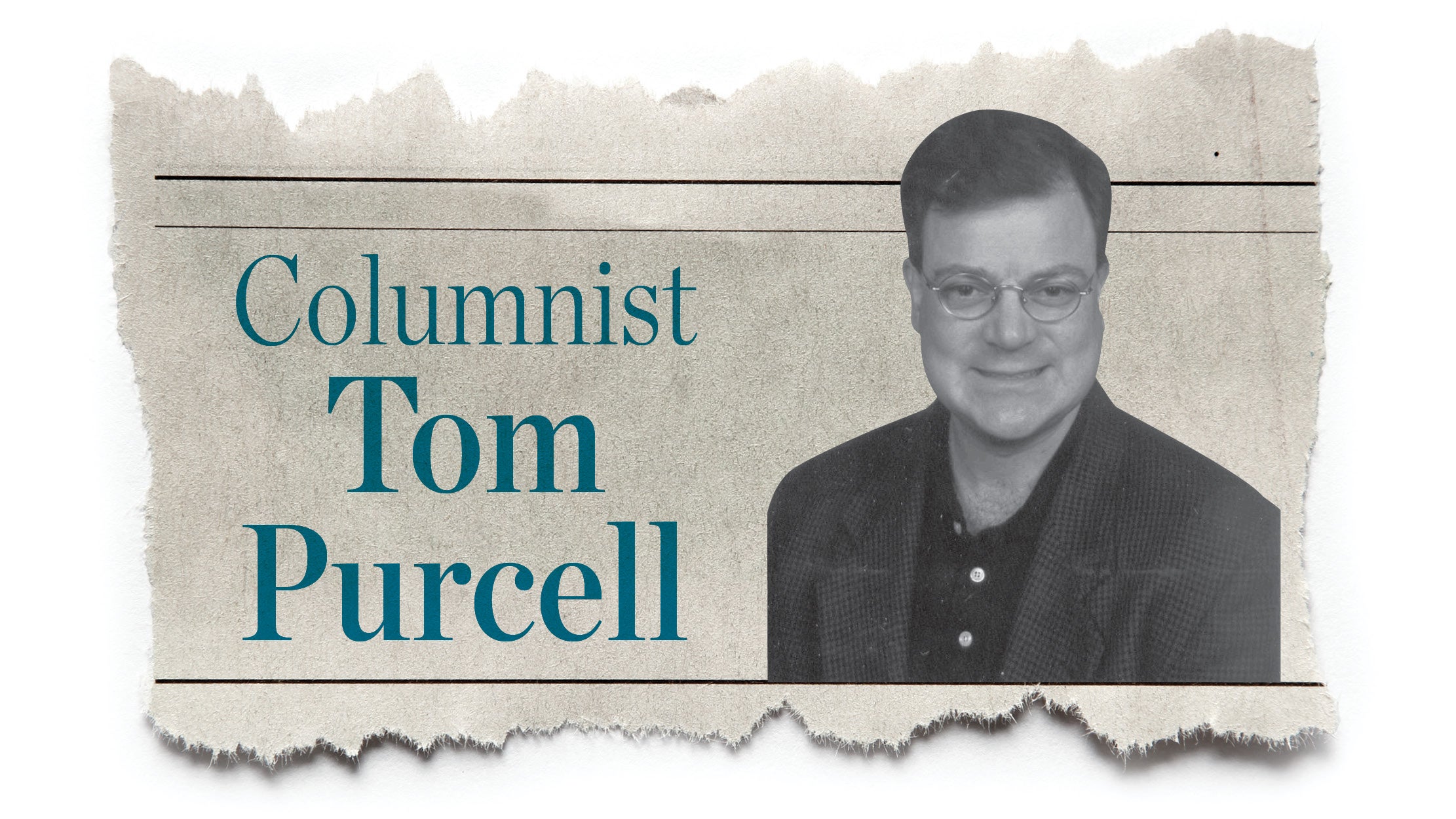Return to statesmanship is needed
Published 7:54 am Wednesday, August 29, 2018
As is the case with any presidential campaign, tensions were running high at the end of the 2008 season.
However, at a late fall town hall by Republican nominee John McCain, it became evident just how out of hand things had gotten that year.
Edged on by conspiracy theories and misinformation on the Internet, talk radio and cable news shoutfests, many in the audience began telling the candidate of their unease of his opponent, Democratic U.S. Sen. Barack Obama.
“We can’t trust him,” one man said, while others referred to McCain’s opponent as “a terrorist” and “in cohorts with terrorists.”
A woman then told McCain she was “afraid” of Obama.
“He’s an arab—” she falsely stated, before the Republican, sensing the volatile mood of the crowd, cut her off.
“No, ma’am,” McCain said, as she attempted to continue, before McCain stopped her again.
“No ma’am, he’s a decent family man, citizen, that I just happen to have disagreements with on fundamental issues,” McCain said to the woman, though his remarks were aimed at the larger crowd. “That’s what this campaign is all about.”
Many politicians would not have intervened, but McCain aspired to the high road in politics, avoiding the smears and pettiness that have become so pervasive in recent years.
On the rare occasion he crossed a line, his apology came quick and he always strove to be better.
“I don’t mind a good fight,” McCain told the Republican National Convention in his acceptance speech that year. “But I learned an important lesson along the way: In the end, it matters less that you can fight. What you fight for is the real test.”
McCain’s example stands in stark contrast to the current occupant of the Oval Office, Donald Trump, who relishes the ugliness of politics, declaring journalists as “enemies of the people,” crafting insulting nicknames for opponents and encouraging the mockery of others.
And Trump has had no qualms about furthering conspiracy theories. Just one day before McCain’s passing, he hosted an infamous conspiracy theorist, Michael LeBron in the Oval Office, a bizarre Youtube personality, going by the name of “Lionel,” who has pushed false claims of the QAnon conspiracy theory, which baselessly purports that the vast majority of Trump’s opponents, as well as numerous celebrities, are part of a supposed crime ring and involved in sex trafficking.
It’s nothing new for Trump, who has praised the work of and appeared on the radio show of Alex Jones, a conspiracy theorist who has pushed smears of the families of mass shooting victims and numerous falsehoods. And, lest we forget, Trump made his very entry into the political scene by pushing debunked theories about Obama’s place of birth.
The emergence of a political culture that resembles the “smack talk” of professional wrestling and rooted in a blatant disregard of the truth dismayed McCain, who remained a steadfast critic of Trump.
The Arizona senator’s statesmanlike attitude toward politics earned him respect across the aisle, and will be sorely missed.
It is a testament to this higher approach that McCain’s funeral will feature eulogies, as he requested, from presidents Obama and George W. Bush, two men who defeated in campaigns, twice denying him a path to the White House.
The clip of McCain’s town hall intervention has circulated widely since his passing, and it feels like a long-lost era, despite taking place only a decade ago.
While our nation has endured periods of internal strife in the past, it feels like we are no longer even attempting civil discussion when it comes to Washington.
As the proverb states, “It’s better to light the candle than to curse the darkness.”
With McCain’s passing, it feels that one of our last lights has gone out, leaving our political culture screaming at the void.
America has lost something precious in the past few years. Let us hope we can get it back.




